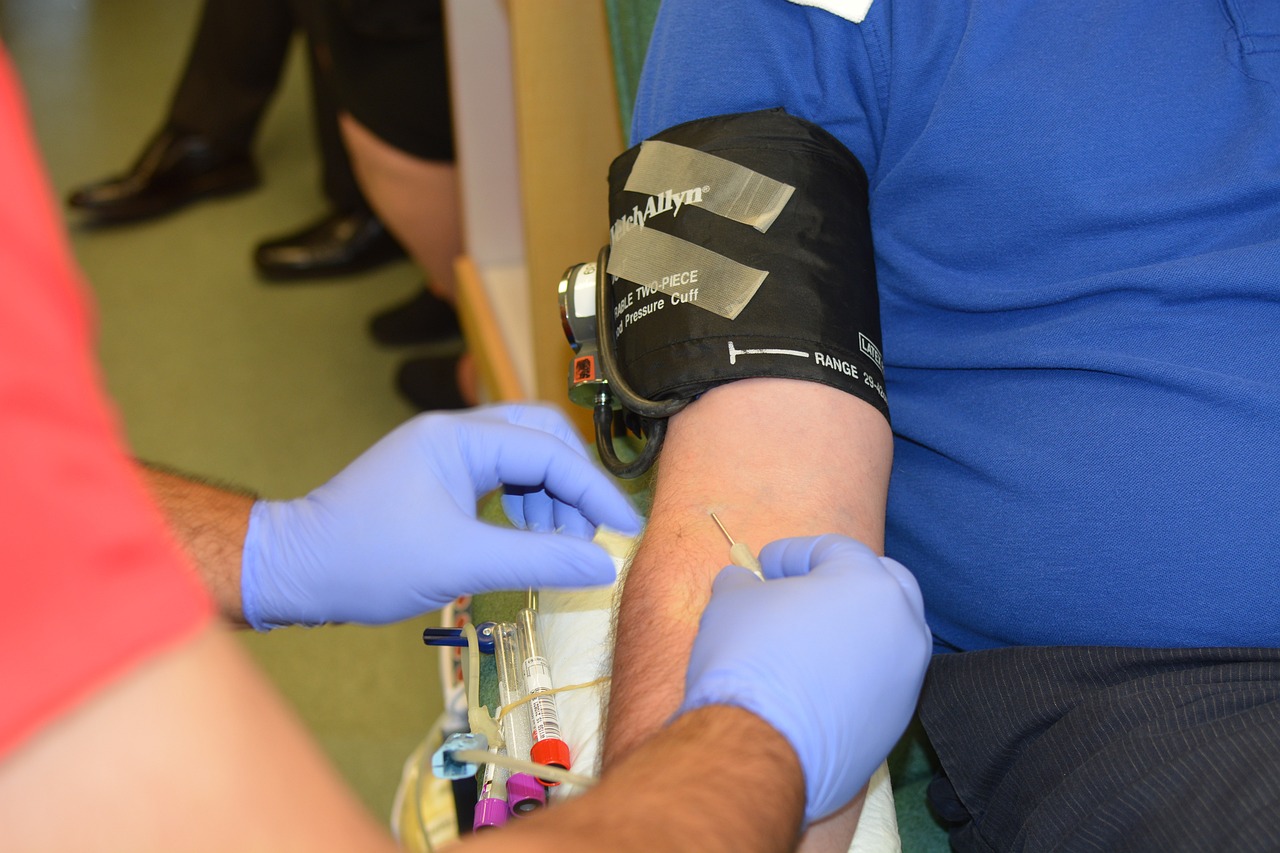2019: HE-RO-IS strategic cooperation in hematology

Promotorul proiectului: Universitatea de Medicina si Farmacie „Iuliu Hatieganu”, Cluj-Napoca
Codul proiectului: 19-COP-0031
Parteneri: Reykjavik University
Challenges directly impacting public health in Romania include lack of prevention of non-transferable diseases such as cancer. The Romanian National Health Strategy 2014-2020 proposes major changes to the health sector, emphasising the importance of prevention and improved access to healthcare – particularly for vulnerable groups such as Roma. Hematology is the branch of medicine concerned with the study of the cause, prognosis, treatment, and prevention of diseases related to blood. Such diseases might include haemophilia and blood cancers such as leukemia, categorized as non-transferable diseases with high mortality rate. Although it is estimated that 3,000 people in Romania are annually diagnosed with haematological diseases, still, it is difficult to present a real situation from a statistical point of view because there are no correct and complete statistics regarding the number of patients with hematological malignancies, this being one of the main challenges.
On the other hand, after a research done among the students in hematology, both in Romania and Iceland, during the preparation phase of the project, it turned out that another challenge is represented by the discrepancies between what is learned in universities and what is applied afterword in clinics. Therefore, exchange of knowledge, best practices and values are important to address common challenges that Romania and the Donor universities and entities face in the health sectors.
The objectives of the project:
Objective 1: Developing a common curriculum in hematology, during the project implementation period (12 months), by creating a course containing five (5) teaching modules that canencompass the doctoral cycle of study, completed with joint diplomas recognized by all participating institutions and countries.
Objective 2: Seting up a hemophilia e-platform at transnational level, with tools for teaching, learning and assessing learning of students with direct benefits on the management of hemophilia patients, during the project implementation period.
Objective 3: Organise 7 short term transnational mobility activities of individuals during the project implementation period (5 months), namely 2 STMS and 2 STTE, involving 90 participants, and 3 Multiplier events involving 150 participants (plus 1 transnational project management meeting).
Objective 4: Submitting 5 joint articles to peer review publications during the project implementation period (10 months), in the field of hematology, involving at least 25 students as authors.
The target group:
90 participants (60 students and 30 staff) at STMS and STTE.
150 participants at Multiplier events.
The overall results will be:
– 2 joint intellectual outputs (a common curriculum in hematology and a hemophilia e-platform at transnational level) representing 10% of the of the target value under this call
– 5 joint scientific articles representing 100 % of the of the target value under this call
– 6 joint events representing 30% of the of the target value under this call
– 240 participants at joint events representing 48% of the target value under this call
The following concrete measures will ensure and strengthen the durability of the project`s outputs and results, all partners being responsible for achievieng the proposed outcome:
a) Ensuring the functioning of the hemophilia e-platform at transnational level created during the implementation period, implying the possibility to further provide the necessary support for online communication between all parties interested in hematology. The online instrument will continue to function, maintaining its atributes on the steps to follow for a full diagnose, recommendations for specific healthcare institutions based on the location of the patient, information and medical history exchange, knowledge transfer/acquire etc., resulting in an expected number of 3,500 users per year benefiting from the durability of the project`s outputs.
b) An annual minimum number of 50 students of “Iuliu Haţieganu” University of Medicine and Pharmacy Cluj-Napoca and 20 students of Reykjavik University, beneficiaries of thea common curriculum in hematology
c) 45 annual citations of the 5 joint articles to peer review publications, involving at least 25 students as authors.
Ensuring continuous collaboration in future projects in order to further use the obtained results. 3 annual projects jointly developed between (at least 2 of the) HERO project partners.




